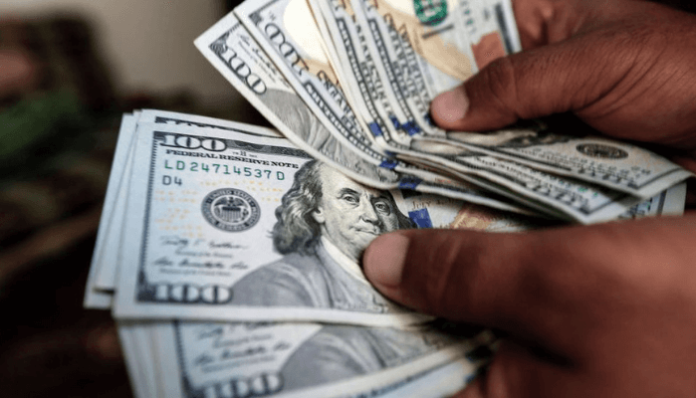Nigeria has imposed a mandatory annual levy for organisations employing expatriate workers, requiring them to pay $15,000 for a director and $10,000 for other employees.
The move is meant to encourage foreign companies to employ more Nigerian workers.
Staff of diplomatic missions and government officials are exempt.
President Bola Tinubu has warned that the levy should not be used to frustrate potential investors.
He spoke while launching the Expatriate Employment Levy (EEL) handbook, adding that the government was expecting to improve revenue and indigenization.
He said that its aim was to balance employment opportunities between Nigerians and expatriates.
“The goal is to close wage gaps between expatriates and the Nigerian labour force, while increasing employment opportunities for qualified Nigerians in foreign companies in the country,” he said.
There are more than 150,000 expatriates in Nigeria, according to local media citing data from the interior ministry.
They mostly work in the oil and gas, construction, telecommunication and hospitality sectors.
Nigeria is one of Africa’s biggest oil producers. Its oil and gas exports account for 90% of foreign exchange earnings, according to the International Monetary Fund.
It already costs companies in Nigeria $2,000 a year to obtain a residency permit for each foreign employee.
The levy applies to employees who work for at least 183 days in a year.
The scheme imposes fines of up three years and jail terms of up to five years for a person or organizations that do not comply, including failure to provide accurate information.
The Nigerian Immigration Service will be responsible for enforcing the levy.
Local media quoted Interior Minister Olubunmi Tunji-Ojo as saying that it would be operated on a public-private partnership model between the government, the immigration service and a private firm.
Nigerian economist Abubakar Abdullahi says the levy is good for the country and won’t frustrate potential investors as “they’ll love to see the country grow as well”.
“I believe Nigeria stands to benefit from this levy, as more companies will start looking inwards as there are qualified Nigerians from all sectors,” he says.


